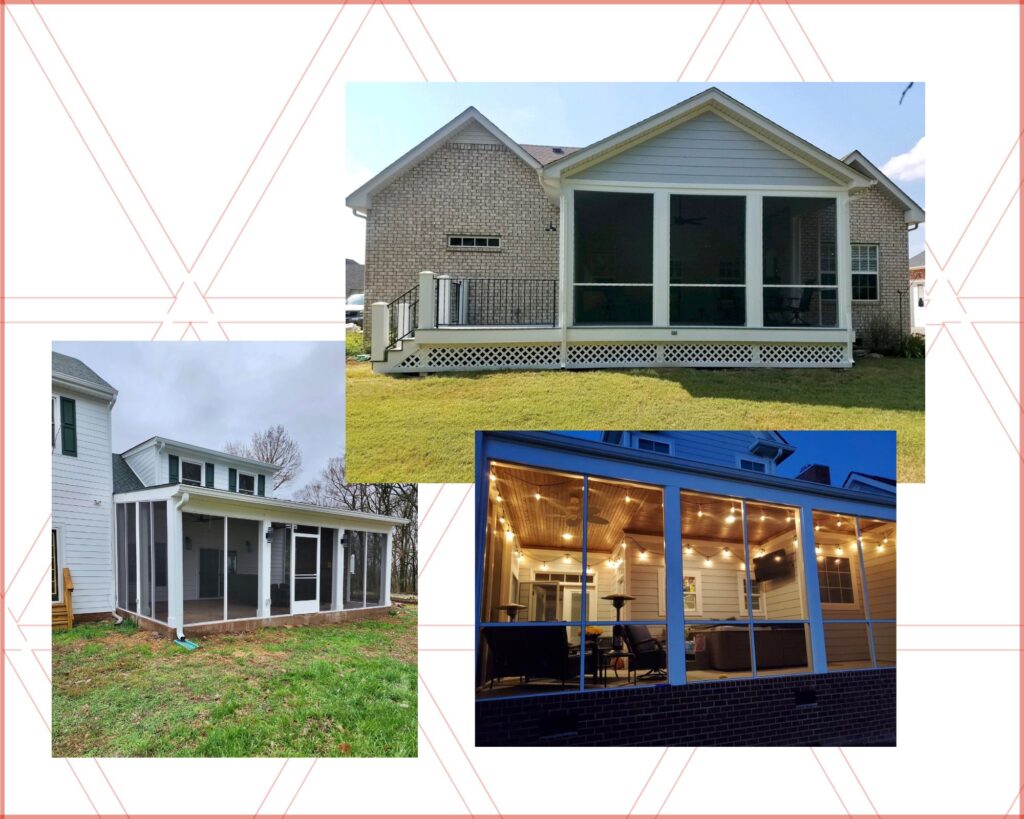Home renovation is an exciting yet challenging endeavor. It’s a journey that can transform not just your living space, but also your lifestyle. Whether you’re planning to renovate a single room or undertake a full-scale home makeover, one of the most critical decisions you’ll make is choosing the right home renovation contractor. This choice will significantly influence the success of your project, affecting everything from the quality of workmanship to the timeliness of completion.
Selecting a home renovation contractor is more than just finding someone who can swing a hammer and drive nails. It’s about partnering with a professional who understands your vision, respects your budget, and has the skills and expertise to transform your dream into reality. But with countless contractors vying for your attention, how do you ensure that you’re making the right choice?
So whether you’re renovating for comfort, functionality, or even if you’re preparing to sell your property in the future, this guide will be an invaluable resource in your journey towards creating a home that truly reflects your style and meets your needs.
1. Assessing Your Renovation Needs
Before you start searching for a contractor, it’s essential to assess your renovation needs. Identify the scope of the project and determine what specific changes or improvements you want to make. This will help you communicate your requirements effectively to potential contractors. Additionally, setting a budget and determining your timeline are crucial steps in this phase. Knowing how much you’re willing to spend and when you want the project to be completed will help you narrow down your options.
2. Researching Potential Contractors
Once you have a clear understanding of your renovation needs, it’s time to start researching potential contractors. One of the best ways to find reliable contractors is by asking for referrals from friends and family who have recently completed similar projects. They can provide valuable insights into their experiences and recommend trustworthy professionals. Additionally, searching online for local contractors is another effective method. Many contractors have websites or profiles on platforms like Houzz, Pinterest or Angie’s List, where you can find information about their services and read reviews from previous clients. Checking with professional organizations such as the National Association of Home Builders can also help you find reputable contractors in your area.
3. Checking Contractor Credentials and Licenses
Before hiring a contractor, it’s crucial to verify their credentials and licenses. A reputable contractor should have the necessary licenses and certifications required by your state or local authorities. You can usually check this information on their website or by contacting the licensing board directly. It’s also essential to ensure that the contractor has adequate insurance coverage, including liability insurance and workers’ compensation. This will protect you from any potential liability in case of accidents or damages during the project. Additionally, checking for any complaints or legal issues against the contractor is essential. You can contact your local Better Business Bureau or search online for any negative feedback or legal disputes involving the contractor.
4. Reading Reviews and Testimonials
Reading reviews and testimonials from previous clients is an excellent way to gauge the quality of work and customer satisfaction provided by a contractor. Online platforms like Yelp, Google, or Houzz often have reviews and ratings for contractors in your area. Take the time to read through these reviews to get a sense of the contractor’s reputation and reliability. However, keep in mind that not all reviews may be accurate or unbiased, so it’s essential to consider multiple sources of feedback. Additionally, don’t hesitate to ask the contractor for references from previous clients. Contacting these references directly will allow you to ask specific questions about their experience working with the contractor and see if their expectations were met.

5. Clarifying Payment Terms and Schedules
Before signing a contract, it’s crucial to clarify the payment terms and schedules with the contractor. Establish a payment schedule that aligns with the progress of the project, ensuring that you’re not paying too much upfront or before the work is completed. Discuss payment options and methods, such as checks, credit cards, or bank transfers, to find a mutually convenient arrangement. It’s also essential to include any agreed-upon changes or additional costs in writing to avoid any misunderstandings later on.
6. Reviewing Contract Details and Scope of Work
Reviewing the contract thoroughly is a critical step in ensuring that all details and expectations are included. The contract should clearly outline the scope of work, including specific materials, finishes, and any other relevant details. It should also include a timeline for completion and any penalties or incentives for meeting or exceeding deadlines. Make sure you understand all the terms and conditions before signing the contract. If there are any areas of concern or ambiguity, don’t hesitate to ask for clarification or request amendments.
7. Establishing Communication and Project Timeline
Establishing clear communication with your contractor is essential throughout the renovation process. Agree on the preferred method of communication, whether it’s through phone calls, emails, or in-person meetings. Regularly scheduled progress meetings will help you stay informed about the project’s status and address any concerns or issues promptly. Additionally, establishing a timeline for the project will ensure that both parties have a clear understanding of when each phase should be completed.
8. Monitoring Progress and Quality of Work
As the renovation progresses, it’s crucial to monitor the contractor’s progress and the quality of work being done. Regularly check in on the project to ensure that it’s progressing according to schedule and that the work meets your expectations. Address any concerns or issues promptly to avoid any potential delays or disputes. Maintaining open and honest communication with the contractor will help foster a positive working relationship and ensure that the project stays on track.
9. Final Inspection and Project Completion
Once the renovation is complete, it’s essential to conduct a final inspection of the work. Take the time to thoroughly review each aspect of the project and ensure that all work has been completed to your satisfaction. If there are any deficiencies or areas that need attention, communicate them to the contractor and request necessary corrections. Once you are fully satisfied with the work, make the final payment as agreed upon in the contract.
In conclusion, choosing the right home renovation contractor is crucial for the success of your project. By following this step-by-step guide, you can navigate the process with confidence and find a contractor who meets your needs and expectations.
Prestige Remodeling Solutions has established itself as a trusted name in home renovation and remodeling in Nashville, Murfreesboro and Middle TN. With years of experience under our belt, we have mastered the art of blending functionality with aesthetics to create spaces that are not only beautiful but also practical. Our team of skilled professionals is committed to delivering high-quality workmanship and exceptional customer service. We understand that every homeowner has unique needs and preferences. Therefore, we take the time to listen to your ideas, understand your vision, and then bring it to life with precision and creativity. We also ensure transparency in their processes and pricing, so you know exactly what you’re getting into.
So, take the first step towards transforming your home into a space that you love and cherish. Contact us today for a site visit and free quote of the project.

